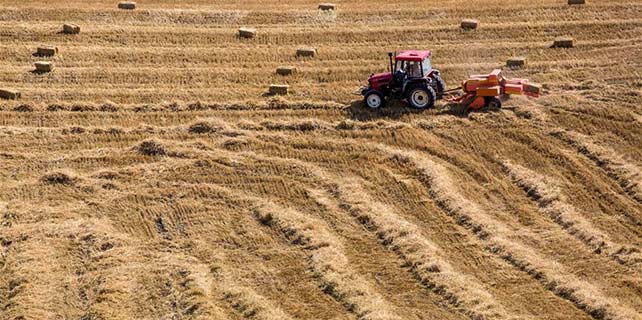China becoming more of an influence on world economy: Fitch economist
When the US sneezes, the rest of the world catches a cold.
Now that description for many years by economists and others of the US impact on the global economy can replace "US" with "China", said Brian Coulton, chief economist for Fitch Ratings.
China is becoming more of an influence on the world economy as the country becomes a major trading partner for many nations and a growing source of foreign direct investment, he said on Tuesday at Fitch's Global Sovereign Conference in New York. Fitch is one of the "big three" US credit ratings agencies, alongside Moody's Investors Service and Standard & Poor's.
"China is dominant in global commodity imports," Coulton said. "When China's import growth recovers which we saw in the second half of 2016, that's when all the global economic numbers began to look better."
He said that next year will see the fastest global growth rate since 2010, spurred by rising levels of investment and consumer spending. "This is about as good as it gets," Coulton said.
Coulton predicted that global growth will be 3 percent this year and 3.2 percent in 2018, and after next year, it could begin to fade.
China's economic growth will average about 6.7 percent this year and ease to 6.3 percent in 2018, Coulton predicted.
A major part of China's economy and the key to its economic cycles is the nation's housing market, he said, noting that housing accounts for anywhere from 10 to 15 percent of GDP. "Every economic cycle in China in the last few years has had the housing market pretty much at the center," he added.
Coulton said that China's middle class may prefer real estate because of the lack of other investments. "When the government loosens credit, the middle class buys houses," he said.
A credit easing and the housing market also brings up questions about debt and leverage in the country, said Thomas Rookmaaker, Asia director for Fitch.
"High growth means a continued build up in credit which means a build in imbalances," he said. "However, this is a concern for the long run and not in the immediate."
paulwelitzkin@chinadailyusa.com









